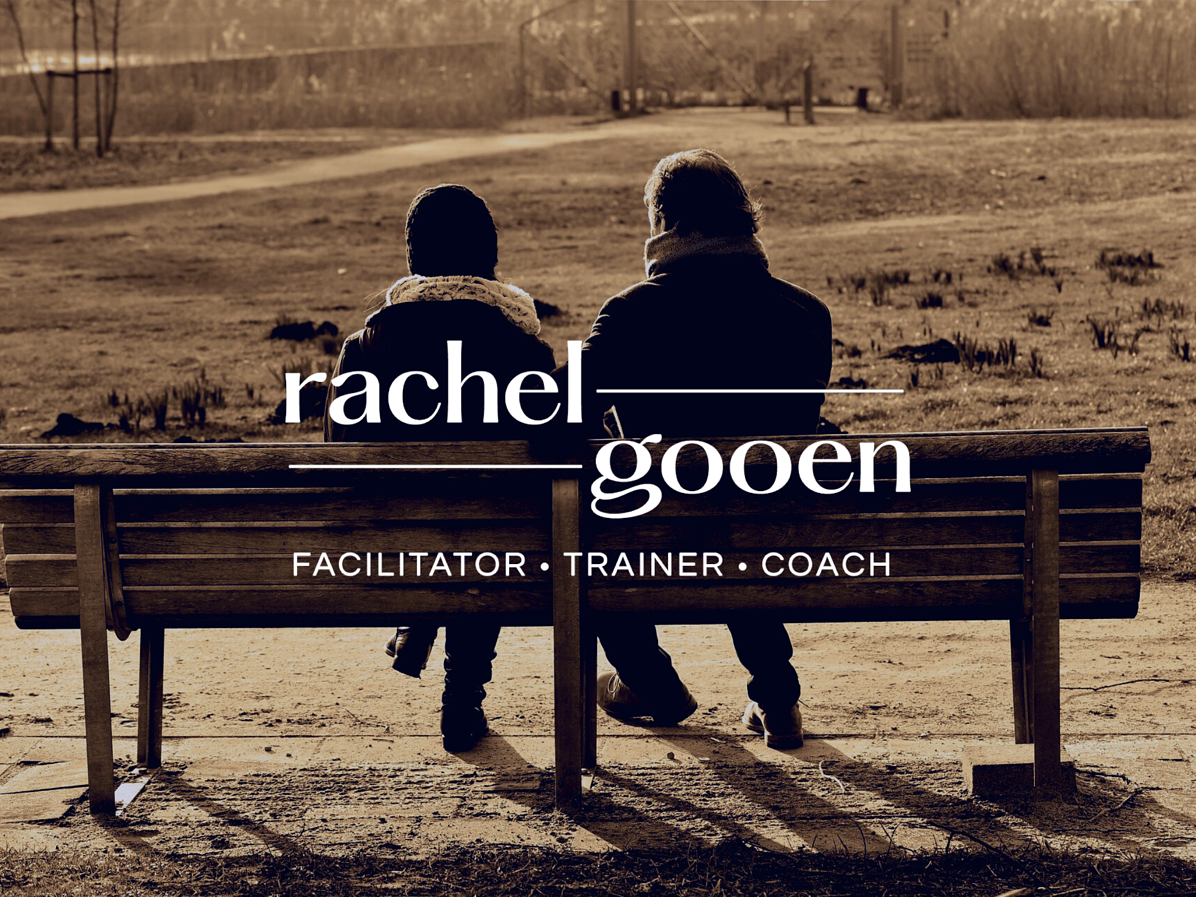When is it “ok” for life to interfere with work?
The More You Know How Each Other Feels, The Better We Can Work Together To Save The World.
When is it “ok” for life to interfere with work? Well, isn’t that just the strangest concept? Isn’t life everything we do? Why do we separate out “work” as if it is a separate world in which we behave totally different? When do things happening in our personal life not affect how you feel, think, act and breathe?
Yesterday, I presented the findings of an assessment I did for a nonprofit group that hired me to work with them on strategic planning. I had worked 2.5 months on this assessment and Monday morning at 10 am I was to present what their partners thought about the conservation goals in their state; the role this organization should take in the conservation movement, how they were perceived by their partners and where they can have the most impact on preserving grasslands which benefit wildlife, humans and can be a carbon sink. The group is a strong and important organization that helps agricultural producers as well as conservation efforts. It has a 25-year history and a mission that is more important today than ever before due to climate change.
I see my role as a consultant the same as when I worked for nonprofits myself. I become a team member with my clients. An advocate and an activist. I view my facilitation and coaching as an integral part of the conservation and public health movement. I work with people to show up to work as a whole person. To take care of themselves and weave their personalities, talents, and goals into an integrated symphony that supports them in living a meaningful life.
So when I was presenting the assessment findings over zoom and my eyes began tearing, my throat constricted and voice began wavering, I stopped my presentation and announced that just prior to the meeting, I had received news that my father was taken to the Emergency Department at the local hospital. I shared that because I wanted to explain why my demeanor had changed all of a sudden. My phone was ringing and it was my mother. I believed she was calling to tell me that my father had passed away. I said that I was going to continue with the presentation but that I just needed to tell them so I could go on.
I felt so relieved and so exposed. So unprofessional and so real. So uncertain but determined that I was going to finish this presentation. Most people were silent but one faint voice offered a kind condolence and said we could finish tomorrow. I so appreciated that faint voice. Their compassion. The act of feeling empathy for someone and then stepping up to help me out.
I work with individuals and groups to help them be more compassionate with each other and this was a moment in which I felt how much I needed their compassion and how hard it was to accept. It is such a balancing act for all humans. People often say to me, “Brene Brown says I’m supposed to be vulnerable, but what does that look like? How do I do that at work?” My response is that vulnerability is not always about sharing your inner fears, but being brave enough to live up to your principles and values.
I needed to share what was happening during my presentation because it was a way for me to model what I coach other people to do. It was easy in the moment but I did experience some embarrassment afterwards. My mind did thwart me a bit saying I was so unprofessional and I should have held it together. But as I was presenting, my body wasn’t allowing me to push anything aside. My mind was losing track of messages I wanted to share. I had to search for words as I worried about my mother losing her husband of 65 years and about me losing my strong, grounded, loving father.
I share this story because a big part of my consulting practice is working with teams to help them become stronger together, so they can enact their important missions. I work with fantastic groups, doing great work with people that are highly skilled and deeply motivated. What I also see is that we have created a culture at times where people do not have compassion for one another and that is the majority of the work that I do with them. Helping them to see how they can be kind and effective at their job. Teaching them how to learn to listen well to one another and to push the pause button when “your” mind searches for the negative in someone else so “you” can feel justified for not getting the recognition you want or not having situations turn out the way you would have liked.
I am now on a plane flying to say what most likely will be my goodbye to my father. While on the plane I read a book he recently wrote called “The Dinosaur: The Demise of American Medicine: An Internists Elegy". He was a physician for 52 years, retiring at the age of 82. In the book, there is a picture of a sign he had on the counter where his patients checked in. It reads,
“TALK TO ME. Because you’re my patient you are extremely important to me. Please feel free to talk to me about any phase of your treatment — because the more I know about how you feel, the better I can help you.”
I believe this statement to be true for teams too.
“TALK TO EACH OTHER. Because you are teammates, you are extremely important to each other. Please feel free to let each other know how to support you best as you work to make the world a better place — because the more you know how each other feels, the better we can work together to save the world.”


